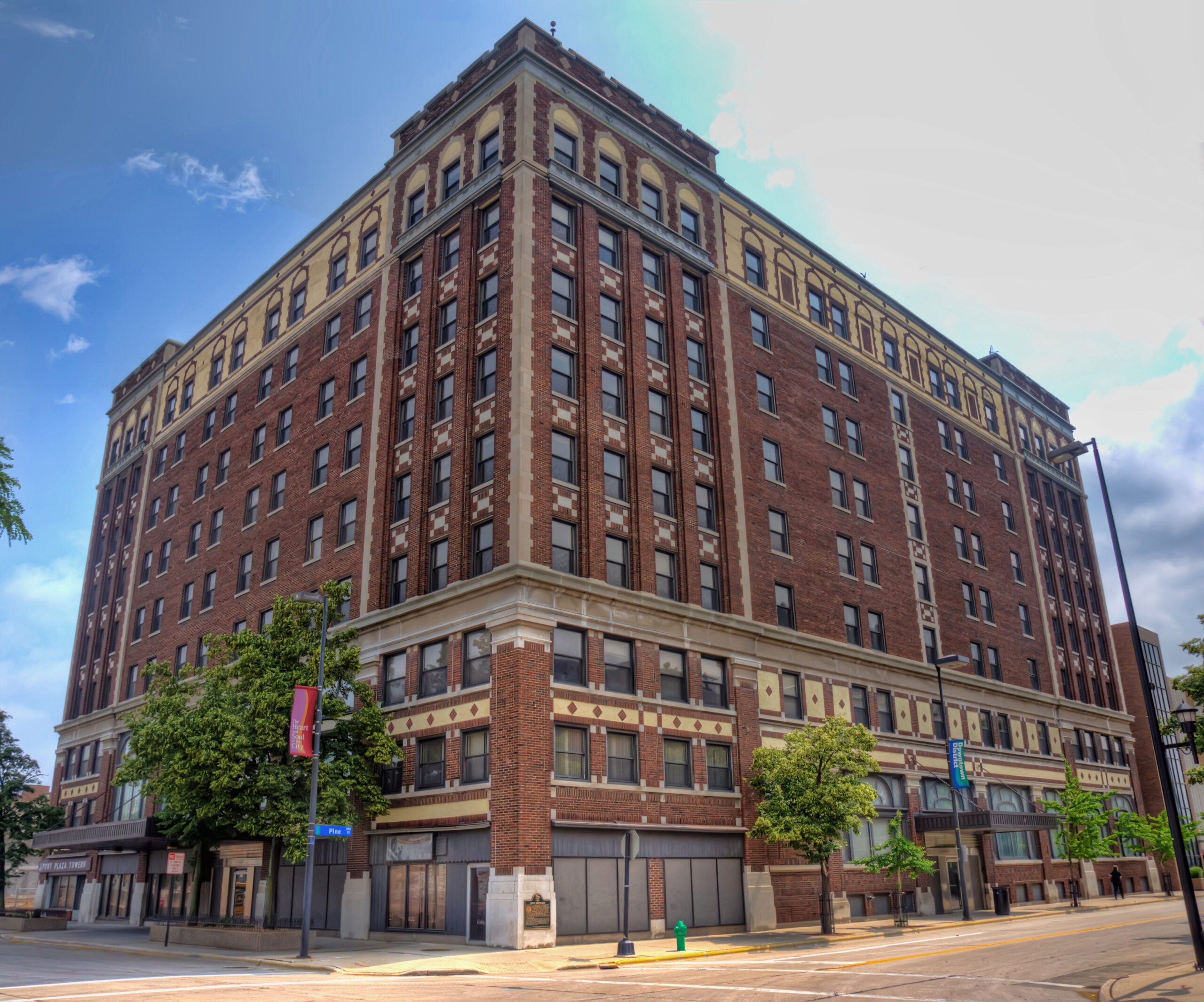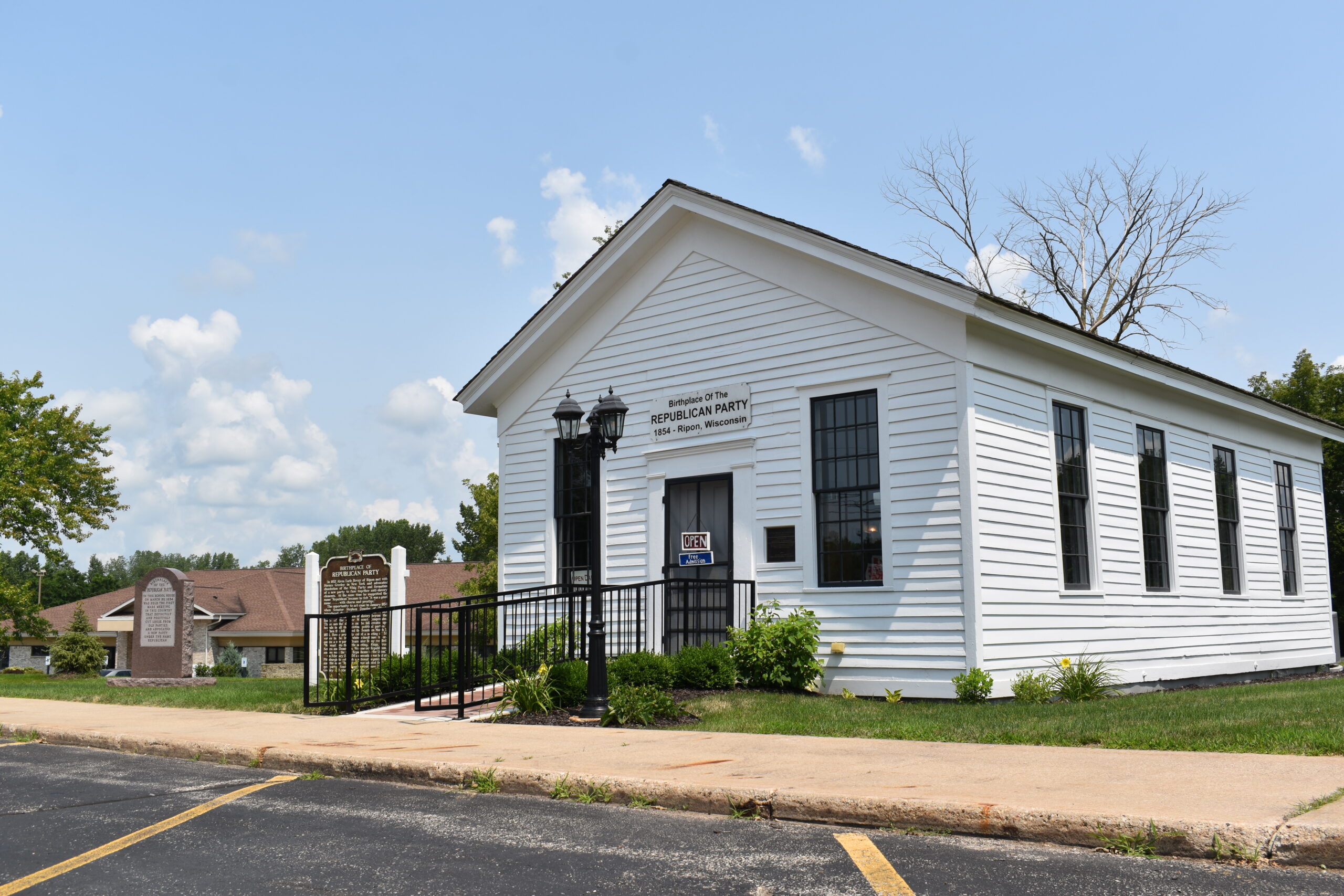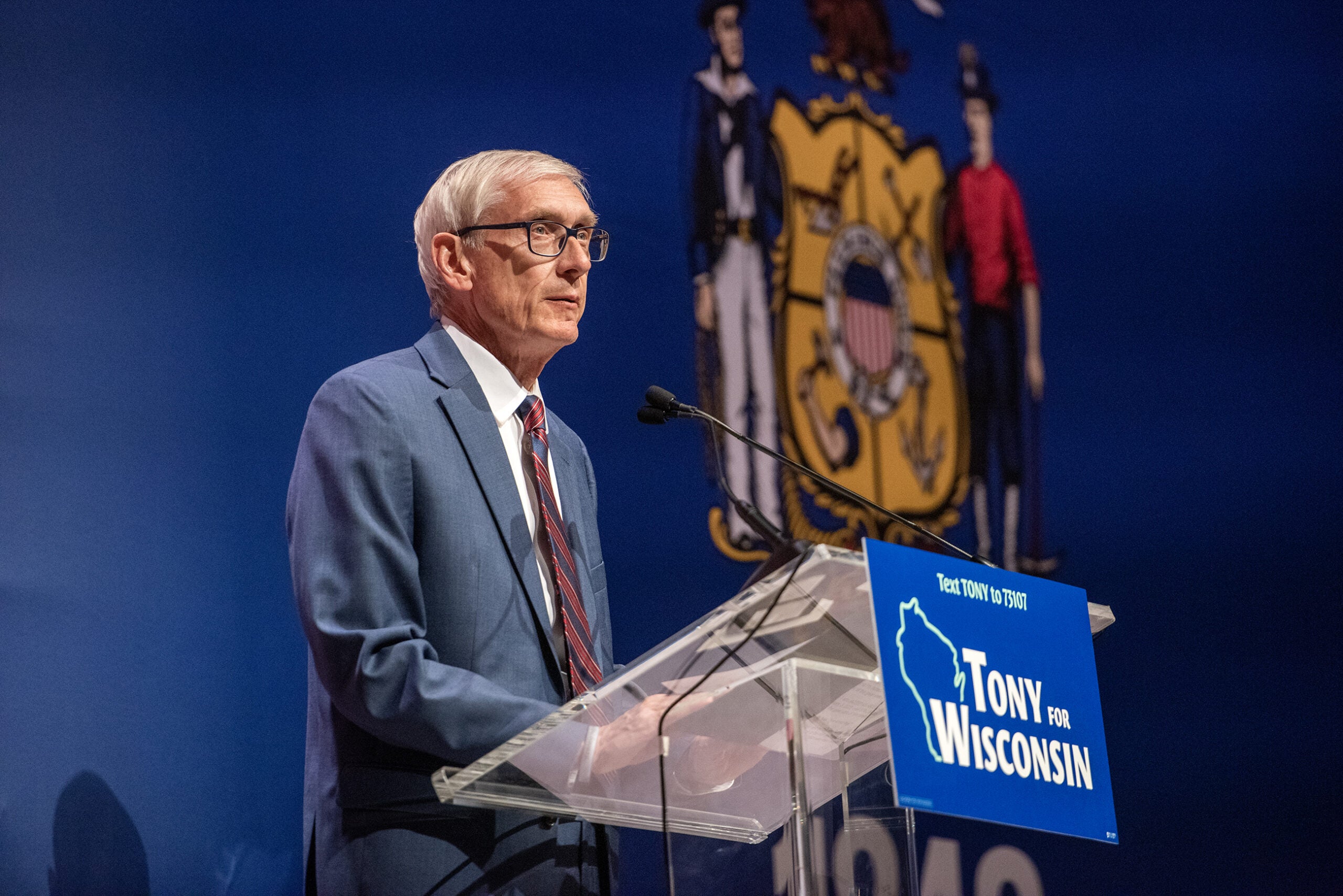Gov. Scott Walker has partially reinstated Wisconsin’s historic preservation tax credit after it was put on hold due to cost concerns.
When Walker initially signed the expanded historic preservation tax credit, it was projected to cost the state about $4 million. After costs ballooned to $35 million, it was put on hold by the Wisconsin Economic Development Corporation (WEDC), the state’s economic development organization.
Walker’s decision lifts that moratorium, but only for projects built certified by state or federal organizations as “historic,” and not for other old structures.
Stay informed on the latest news
Sign up for WPR’s email newsletter.
The move was welcomed by backers of the Hotel Northland, an historic preservation project in Green Bay that stood to miss out on the credits if the moratorium was not lifted. Spokeswoman Brigette Breitenbach said all taxpayers should see some return on the investment.
“That return comes in the form of permanent jobs; it comes in the form of temporary construction jobs and then an overall increase to the tax base,” said Breitenbach.
Paying for the credit could still prove tricky for the state. It may now be limited only buildings designated as historic, but WEDC’s Mark Maley said those buildings accounted for more than half of the increased costs of the credit since it was expanded.
Still, Maley said, WEDC is confident the tax credit is manageable.
“It’s a balancing act where you have to weigh the value of the program to the ultimate cost to the taxpayers,” said Maley. “And I think this solution does this by restoring one portion of the program, but (keeping) the moratorium in place for another part of it.”
State Rep. John Nygren (R-Marinette) and Sen. Alberta Darling (R-River Hills), the co-chairs of the Legislature’s budget committee, said they support the decision because of the direct impact it will have on local communities. Assembly Minority Leader Peter Barca and Sen. Julie Lassa (D-Stevens Point), both Democrats who serve on the WEDC Board, said the program would “almost certainly create hundreds — if not thousands of jobs.”
Correction: The original version of this story said that the moratorium had been lifted on the historic preservation tax credit for buildings constructed before 1936. The moratorium was actually lifted for buildings that had previously been certified as “historic,” not all buildings from before 1936.
Wisconsin Public Radio, © Copyright 2024, Board of Regents of the University of Wisconsin System and Wisconsin Educational Communications Board.





